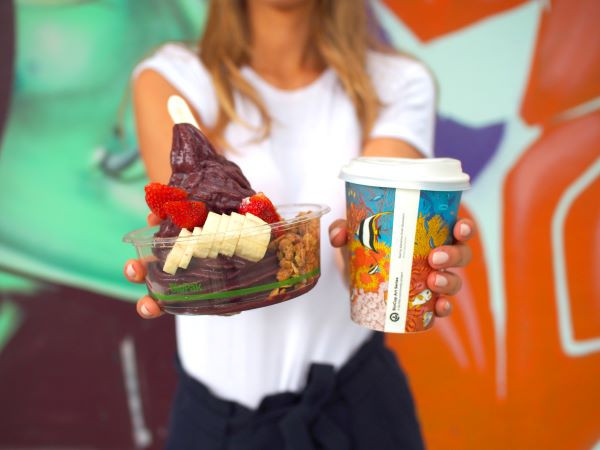
The Problem of a Plastic Swap
27th Oct 2020
Many food processing companies are now looking to ditch plastic for a more sustainable alternative. An increasing number of food companies are looking to reduce their plastic use. This is great news! It means companies are feeling the pressure from consumers who want to do the right thing and are deciding that switching to a more sustainable alternative is a smart business solution. Many are looking to paper as an alternative. In Europe, where plastic regulations are stringent, paper will take an 11% market share from plastic packaging by 2031. However, the question of a plastic-to-paper swap is a tricky one.
The Solution
Nestlé is one of the companies trying to replace their plastic packaging with paper. Some companies, like Unilever and Nestlé, are looking to use paper packaging instead of plastic. But to date, they have only rolled this out for a few product lines in a few countries. Unfortunately, paper does not have the barrier properties and other desirable aspects of plastic. Attempts to improve barrier properties with coatings have led to problems with recyclability. Nestlé is now using a liner that melts in the recycling process for their Yes! snack bars and Nesquik cocoa powder. Another solution is to use a detachable lining for bag-in-box packaging – however, doesn't that defeat the purpose of using 'no plastic'?
Our Solution
We love compostable bioplastics as a solution to the plastic crisis. If you've been around long enough, you'll be able to guess what our solution is. Paper is great for some things, but it doesn't have the same properties that have made plastic so successful around the world. As an alternative, we love our compostable bioplastic packaging. Made from sugarcane waste material, so it's not contributing to deforestation or land use, and 100% non-toxic, biodegradable, and compostable, it's the perfect solution. With obvious labelling, so people do not mistake it for traditional plastic, and with the right disposal options – I'm talking council- or state-wide composting schemes – bioplastics can be the match made in heaven for food processing companies. Many places don't yet have an organics collection scheme. This is no reason not to switch to compostable plastics, which can only be composted in an industrial composting facility (not a home compost heap). Without the demand for state- or council-wide organics recycling, it will never happen.

Information taken from Food Processing. Read about why sustainability is good business, and how we can include face masks in a circular economy, on our blog.
Planet Friendly Packaging acknowledges the traditional custodians of the land on which we work. Our thoughts go out to everyone affected by COVID-19. Stay safe.

